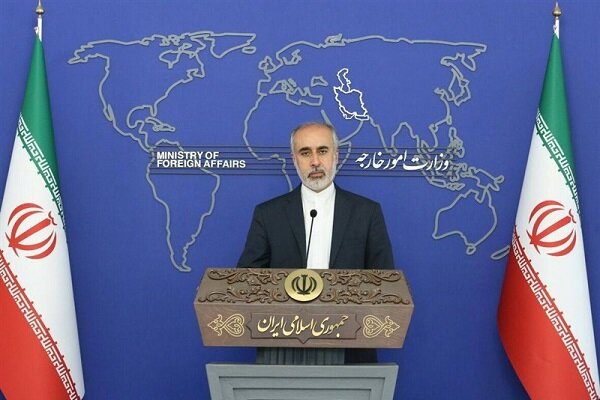Negotiations on the restoration of the Joint Comprehensive Plan of Action (JCPOPA) have entered its final phase almost a month ago. However, in recent days, a dangerous regression has been noted in the case of restoring the “nuclear deal”.
Amid the 10th NPT Review Conference, on August 8, the EU Coordinator circulated “the final text” of agreement on the restoration of the JCPOA. The parties only needed to decide whether the project is acceptable to them or not. At that time, it seemed that the restoration of the “nuclear deal” was a matter of a few days.
Despite these high expectations, by mid-August the approval process for the proposed agreement began to drag on. Mindful of the events of 2018, Iran demanded guarantees that it would be able to reap the economic benefits from the reopening of the deal, as well as financial compensation in occasion the US re-withdraws from the JCPOA.
On the 20th of August, news appeared that Iran had abandoned its demand to remove the IRGC from the American list of foreign terrorist organizations. Such a move by Iran was verbally perceived in the EU and the US as reasonable, and soon American proposals were sent to Tehran. Despite this, information appeared that in the American response, all additional demands from the Iranian side were rejected; in particular, the United States continued to insist that the enrichment level of Iranian uranium should not exceed 4%.
As a result, on September 2, Tehran gave its response to the American proposals, which was described in the US and the EU as a “step back.” Apparently, concessions from Tehran were perceived in the West not as a positive signal, but as a sign of weakness.
It is also necessary to note two factors that have accompanied the process of negotiations on the JCPOA in recent weeks – the exchange of strikes between the US military and pro-Iranian military groups in Iraq and Syria, as well as the active diplomacy of Israel, probably trying to toughen Washington’s position.

